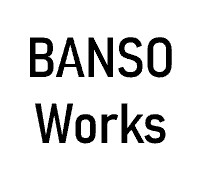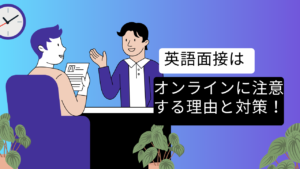25 top buzzwords you must know when working in Japan
25 top buzzwords you must know when working in Japan
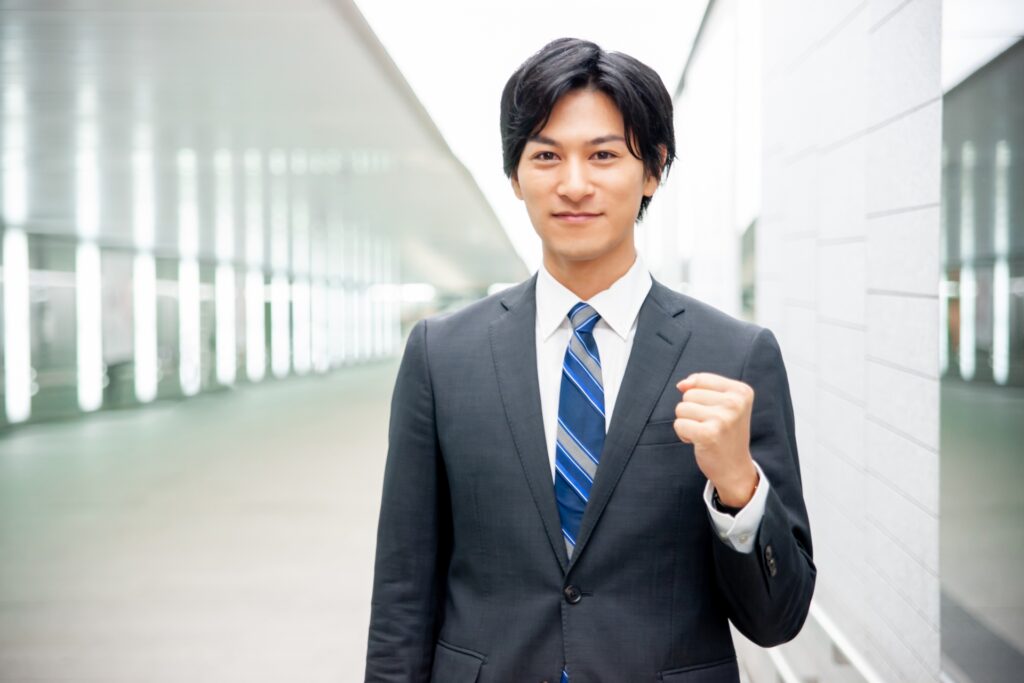
01 - Sontaku (忖度)meaning
It is used to guess the intention of the person above and act according to it without being told."
It is used when communicating with a boss with the skill of reading between lines, which is unique to Japanese people. Generally, it is a skill that is useful for the senior generation in Japan, but it is not a skill that can be positively liked by the younger generation.

上司に忖度(Sontaku)して進めるのはよくない。
02 - Service Zangyou (サービス残業)meaning
Overtime work without paying overtime allowance(illegal)
Service Zangyou is illegal and should not be forced on subordinates. But due to Japanese working practice, there are some cases where subordinates actively work Service Zangyou, which is a problem.

サービス残業はしないようにしてください。かならず、残業をしたら申請をしてください。
03 - Chokki (直帰)meaning
Directly go home after visiting some sites or customer`s office.

今日は、現場にいったあと、直帰(ちょっき)します。
04- Yukyu(有給)meaning
Day off (leave) with full salary payment.
Blog :What is Yukyu?(Paid Day Off) Can I take without approval?
05 - Black Kigyo(ブラック企業)meaning
Companies that do not comply with laws and regulations, companies that have a lot of illegal overtime work, and companies that are rampant in power harassment.
Japanese students do not miss information gathering to avoid getting a job at a black company.
The above companies receive the Black Company Award every year.
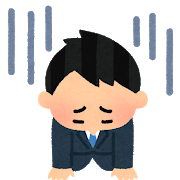
あのかいしゃはブラック企業ですか?
06-White Kigyo (ホワイト企業)meaning
White companies are the opposite meaning of black companies. In other words, a white company is a company that adheres to laws and regulations, does not force employees to work overtime, and has no power harassment.
In Japan, white companies are sometimes ranked as criteria for selecting companies.
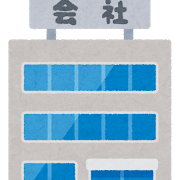
07- Naitei(内定)meaning
A "Naitei" means that hiring or promotion are decided in secret, even though it is a stage before officially announcing the "establishment of a labor contract" or "appointment to a position".
In job hunting, it means that a labor contract with reservation of cancellation rights has been concluded.

内定を ぶじに もらえました。
08- NaiNaitei(内々定)meaning
The "Nainaitei "s one step before the "Naitei". In many cases, it means that you will be notified verbally rather than in writing.
09- Aota gai(青田買い)meaning
"Aota Gai"means "Qingtian buying " which is the process of secretly contacting excellent student and promising to join the company after graduation.
10- Ringi(稟議)meaning
Japanese approval system.
In Japan's approval system, in most cases, young employees first draft, mid-career employees validate, and section chiefs or general managers approve.
Depending on the company though, some approval processes are up to the 5th or 6th layer like up to executive officers, which means long long que to approval.

稟議 をはやく あげてください。
11- Ikumen(育メン)meaning
Ikumen is men who are actively involved in childcare such as "applying for childcare leave" and men who want to be so in the future are also included.
In Japan, it is still rare for men to put priority to childcare, so it is sometimes called this way in comparison with the past.

彼は 育メン だから、早く家にかえります。
12- Nominication (飲みにけーしょん)meaning
"Nomination" is a Japanese business practice where team members go to a drinking party after work and deepen communication there.
These days, it's a so-called endangered species, but it's still a favorite practice for senior employees.
13- Enko Saiyo(縁故採用)meaning
A Enko Saiyo "hiring" is an employee who joined the company without taking the employment examination but through special connections with officers.
Enko means "relationship" in English.

14- Kata tataki (肩たたき)meaning
Kata tataki "Shoulder tapping" is not just a massage, but an action before an employee who was hired as a full-time employee in a company is laid off.
Of course, tapping the shoulder is just a metaphor for one action, and many have never seen anyone actually tap.

田中さんは、肩たたきに あったらしいよ。
15- Kuuki wo yomu (空気を読む)meaning
Reading the air has a similar meaning to reading between lines.
Even if you don't communicate by words, you need to make an precise judgment based on the situation at that time and take appropriate action. If the action is for your boss, it's Sontaku(忖度).
It is a specialty of Japanese people in a high-context society, not scientific telepathy.

田中部長の打ち合わせでは、空気をよまないと、だめだよ。
16- Oinori Mail(お祈りメール)meaning
"Oinori" (pray) Mail refers to an email sent from the applicant company when you failed to pass the exam or interview.
If you do not pass the employment exam, it is called a "prayer" email because the letter usually says "I pray you all the best in the future 今後のご健闘をおいのりします。" at the end of the email.

昨日、お祈りメールをもらってしまいました。
17 - Golden Week(ゴールデンウィーク)meaning
Golden week is not week for searching or buying gold.
In Japan, there are many holidays from the end of April to the beginning of May every year. The term they called "golden" because it is so long.
18- Douki (同期)meaning
Douki does not mean Synchronization. Douki means a colleague who joined the company in the same year.
In Japan, where new graduates are hired all at once, in most cases, Douki (colleages) has a strong bond, and information exchanges are frequently held in case of trouble.
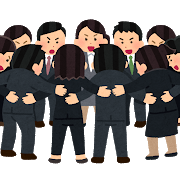
同期となかがよい
19- Tenbiki (天引き)meaning
Tenbiki means "deduction from salary" at workplace.
In Japan, in most cases, the following items are deducted from your salary.
-Income tax , Residential tax
-Social insurance like pension, employment insurance, and health insurance
-Union membership fee (if you are member of union)
-some expenses you spent

何が私の給与から天引きされますか?
20- Nencho (年末調整 ねんまつちょうせい)meaning
Nencho means annual adjustment of your income tax.
In short, your expected income tax is deducted from monthly salary. However, the tax amount is not fixed figure, so employer recalculate again around every November.
The tax difference will be payed or deducted from your monthly salary (usually on December).

21- Kutteikeru(食っていける)meaning
A job that allows you to earn a level of income that you can afford to cover for a relatively long life. Kuu(食う) is synonymous with eating(食べる) in Japanese.
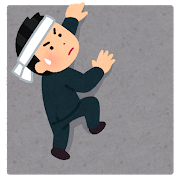
そのしごとは食っていけるのですか?
22- Premium Friday(プレミアフライデー) meaning
Premium Friday is a personal consumption promotion campaign advocated by the Japanese government and the business community in 2017. On the last Friday of the month, private companies and public institutions are conducting campaigns such as internal and external event sales.

プレミアムフライデーだからはやくかえります
23 - Burasagari employee(ぶらさがり社員)meaning
A "hanging ぶらさがり employee" is one of the types of so-called problem employees, who have a weak commitment to work and organization, and while they do the tasks they are instructed to do and the work they are given, they never try to fulfill more than they are required to do.

24- Part(ぱーと)Albeit(あるばいと)meaning
There is no legal distinction between ぱーと and あるばいと workers, and both are legally classified as "part-time workers." Part-time workers are "workers whose regular working hours per week are shorter than those of regular employees employed at the same place of business."
25- Taikukaikei(たいくかいけい)meaning
It is characterized by mental theory, guts theory, hierarchical relationship, and emphasis on physical fitness. In particular, many Taikukai-kei students belong to the baseball and American football clubs, and for girls, the cheerleading club. The antonym is "文化系 Bunka-kei".

かれは体育会系(たいいくかいけい)だから、きびしいですね
